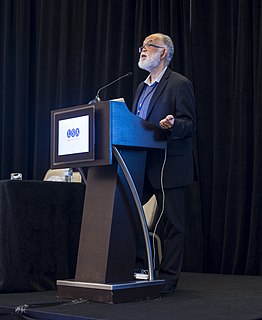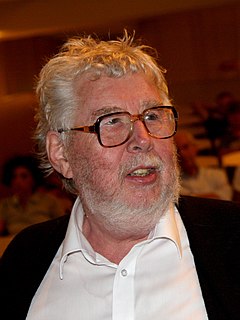Цитата Джона Р. Рикфорда
То, что общепринятый английский необходим для нашего самосохранения, бесспорно. . . но нет необходимости отказываться от Spoken Soul, чтобы овладеть стандартным английским, так же как не нужно отказываться от английского, чтобы выучить французский, или отказываться от джаза, чтобы ценить классическую музыку.
Связанные цитаты
Этот афроамериканский диалект английского языка имеет большую часть своей грамматики и словарного запаса с другими диалектами английского языка. Но он отличается во многих отношениях, и он больше отличается от стандартного английского языка, чем любой другой диалект, на котором говорят в континентальной Северной Америке.
В паре романов Ахдафа Суифа она обращается к определенному типу английского языка, на котором говорят египтяне. Это красивый, выразительный английский, но это нестандартный, «сломанный» английский, который оказывается эффективным, красноречивым и отлично подходит для общения, даже если нарушает правила.
Современный английский язык, особенно письменный, полон дурных привычек, которые распространяются путем подражания и которых можно избежать, если приложить необходимые усилия. Если избавиться от этих привычек, можно мыслить более ясно, а ясное мышление — необходимый первый шаг к политическому возрождению: чтобы борьба с плохим английским языком не была легкомысленной и не была исключительной заботой профессиональных [или ученых] писателей.
Распространенной ошибкой отдыхающих американцев является предположение, что все вокруг них французы и поэтому совсем не говорят по-английски. [...] Опытный путешественник мог бы сказать, взглянув на мои туфли, что я не француз. И даже если бы я был французом, это не значит, что английский — это какой-то таинственный племенной диалект, на котором говорят только антропологи и небольшая популяция каннибалов.
Английский всегда был моим музыкальным языком. Когда я начал писать песни, когда мне было 13 или 14 лет, я начал писать на английском, потому что это промежуточный язык. Я говорю по-фински, я говорю по-французски, поэтому я буду писать песни на английском, потому что это музыка, которую я слушаю. Я выучил так много поэзии, а поэтический способ самовыражения — английский.



































